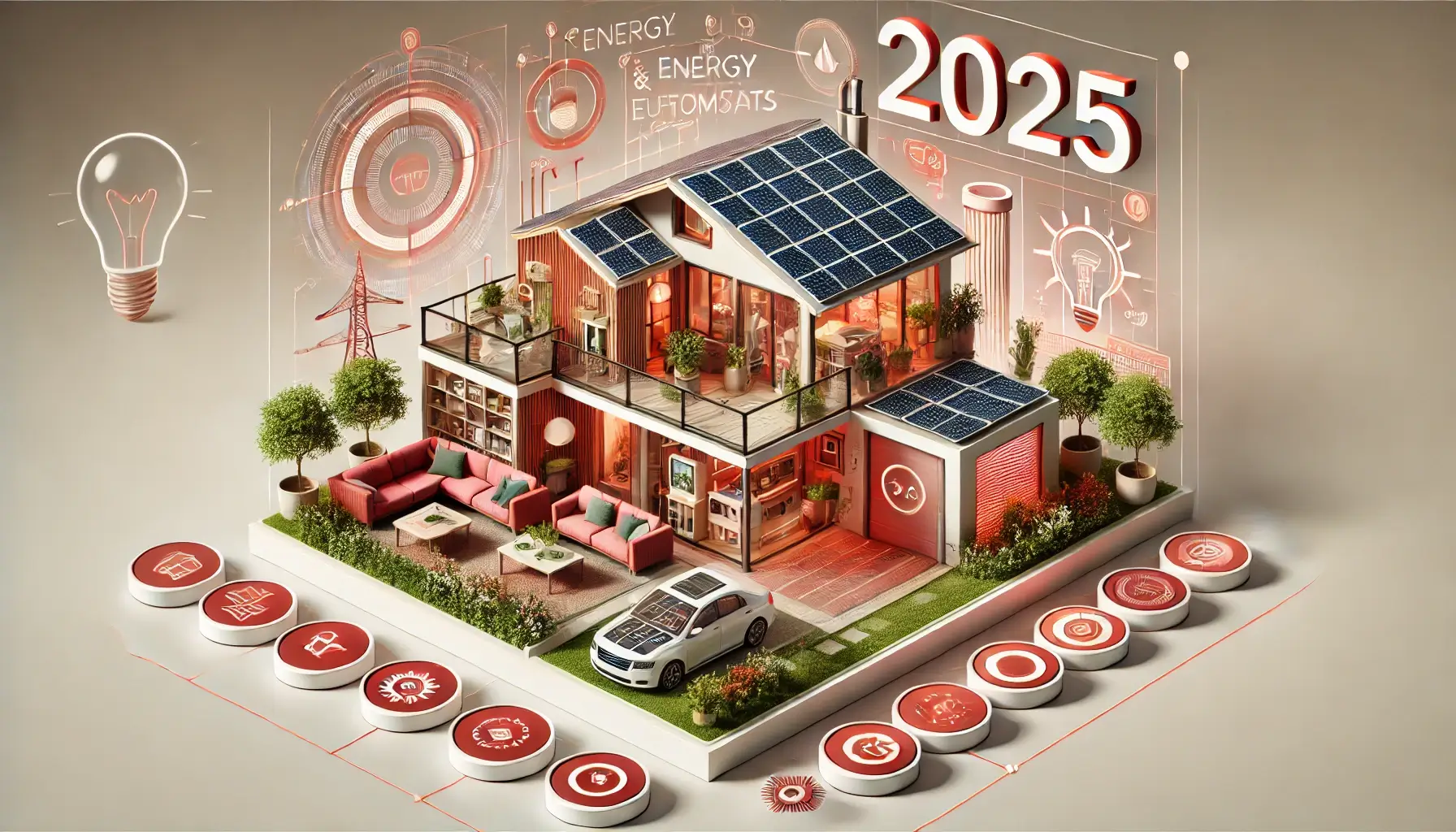In 2025, people are taking a closer look at how they live. The focus is shifting from fast consumption to intentional choices. From cutting down waste to building routines around wellness, the lifestyle of the future leans into habits that feel right and last long. Whether it's finding ways to stay healthy, using less, or choosing home tech that fits daily needs, the direction is clear. Even regular habits like searching Lost Vape Orion Bar 50K now connect to broader choices about health and daily routines.

Everyday Eco Habits Take Center Stage
Eco habits are becoming an essential part of life in 2025. Unlike before, sustainability is no longer just a trend—it's part of how people shop, eat, and plan their days. This change is backed by growing awareness and improved access to eco-friendly products.
Some simple ways people are practicing eco habits include:
- Using reusable containers and bottles
Single-use plastics are steadily being replaced by durable options that are easy to carry and clean. - Composting and food planning
More households are managing food waste by composting scraps or cooking based on what’s already in the kitchen. - Choosing local and seasonal foods
Farmers markets and local suppliers are seeing more traffic as people move away from packaged goods and toward seasonal produce. - Switching to public transport or e-bikes
Urban mobility is getting greener. Shared e-scooters and bicycles are now common sights, especially in smaller cities. - Buying clothes made with recycled fabrics
Fashion brands are adapting to demand for low-impact materials and transparency in their sourcing.
These small actions are building into collective habits. They're not only helping the environment but also shaping simpler and more affordable ways to live.
Slow Living Routines Shape Daily Life
Slow living is becoming a regular part of how people manage stress and schedule their time. It’s not about doing less but doing things with more focus. In 2025, slow living isn’t just for those outside of cities—urban professionals, students, and even families are adapting the mindset.
Here are ways people are living slower in practical ways:
- Structured mornings without screens
Many have started keeping phones off for the first hour of the day, replacing notifications with journaling, stretches, or reading. - Mindful eating and scheduled meals
Rather than rushing meals, people are sitting down to eat without distractions, often cooking meals at home with simple ingredients. - Dedicated tech-free time
Scheduled offline time, even if it’s just for an hour a day, helps reduce digital fatigue and brings more focus to real-life tasks. - Outdoor time daily
A walk in the local park or time on the balcony is no longer seen as a luxury but part of the routine. - Choosing fewer commitments
Many now prefer saying no to activities that feel rushed or overly packed, choosing a more intentional calendar.
Slow living doesn’t mean giving up on goals or cutting productivity. Instead, it helps people handle tasks more calmly, reducing the pressure that builds from trying to do everything at once.
Smart Homes Focus on Functionality and Comfort
Home automation continues to grow in 2025, but the focus is shifting from novelty to practicality. People want smart homes that support well-being and reduce Movement Next 30K unnecessary work. From lighting systems to security and energy use, technology in homes is helping support simpler and more efficient lifestyles.
Some notable trends in smart homes include:
- Voice-controlled energy management
Lights, fans, and appliances are increasingly run by voice commands or automated schedules, cutting down energy waste. - Smart air and water filters
Clean air and safe drinking water are top priorities, and new systems monitor and adjust conditions in real-time. - Automated grocery restocking
Smart fridges and kitchen systems can now track food use and suggest restock items or delivery times that match your cooking patterns. - Sleep-friendly environments
Smart lighting adjusts to time of day, and some homes include temperature-regulating bedding and noise-level controls. - Home safety upgrades
From motion sensors to smart locks, security features have improved, giving peace of mind whether people are home or away.
These additions don't just make life easier—they also help save time, reduce stress, and promote healthier routines, all without needing to overthink daily tasks.
Connected Lifestyles & Balanced Choices
Digital connectivity still plays a major role in modern lifestyles, but people are being more selective about how they use it. With tools that help track habits, support wellness goals, or even manage household tasks, being online is about support—not distraction.
A few ways people are keeping digital life balanced in 2025:
- Using apps to plan eco tasks like reminders to compost or alerts about nearby recycling events.
- Scheduling downtime with reminders that help maintain tech-free zones or encourage breaks.
- Managing budgets and mindful spending with tools that track what you buy, how often, and whether it aligns with your goals.
- Staying socially connected without overuse of social platforms by choosing intentional time slots or using video calls instead of constant texting.
- Exploring hobbies through online groups like local classes, community gardening tips, or weekend event calendars.
As lifestyle habits shift, everyday choices become clearer. People are opting for products and services that serve real needs, reduce clutter, and bring clarity. Whether it’s looking for relaxation through slow living or simplifying tasks with home tech, the pattern is moving toward balance.
And even something as simple as exploring a Lost Vape Orion Bar 7500 or tool now connects to these wider decisions—choices that support ease, moderation, and mindful living.
